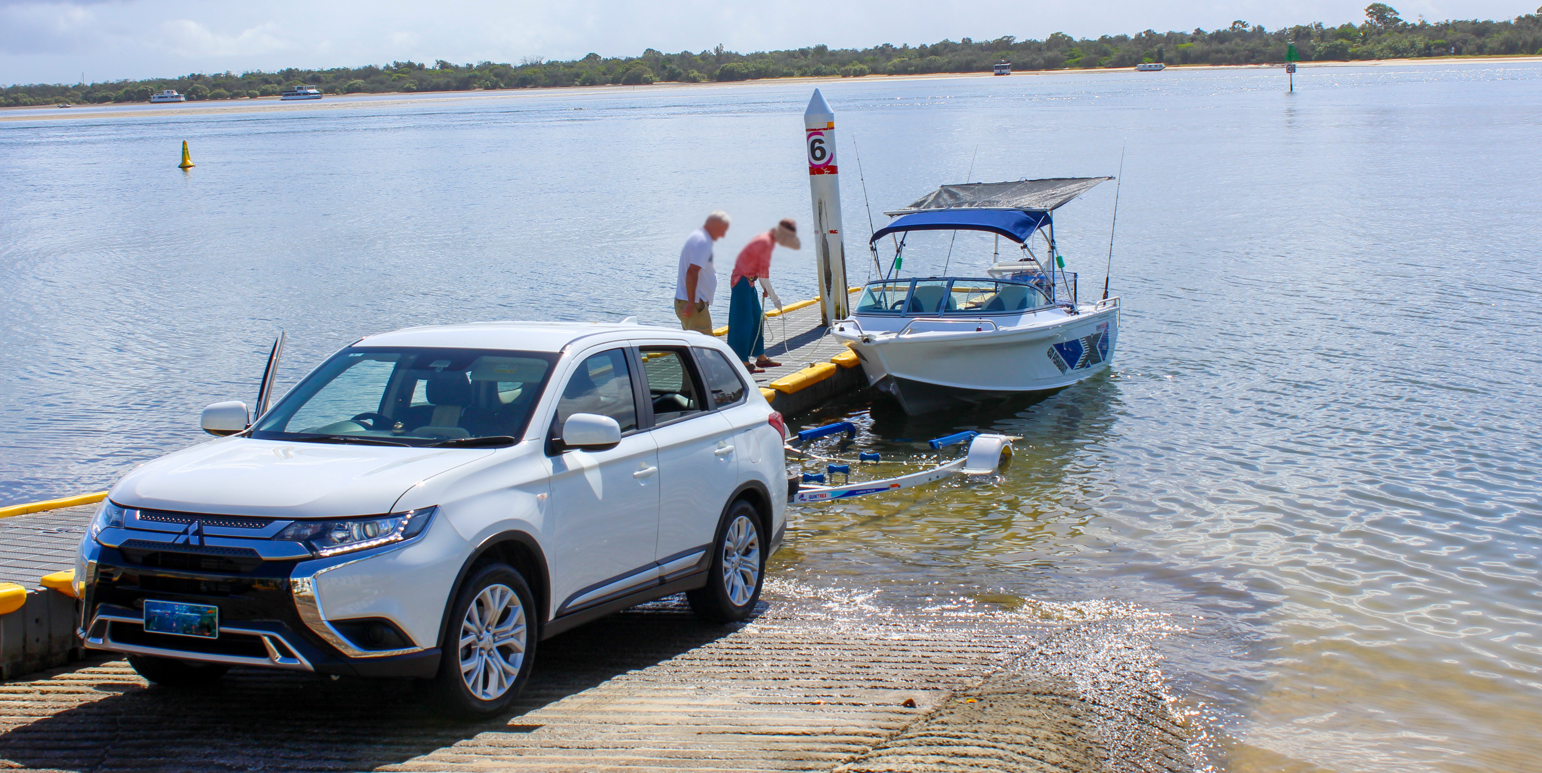Labor’s ill-conceived family car and ute tax could see you paying over $25,000 more on your next non-electric vehicle.
Labor rushed this legislation through the parliament and did not allow any debate.
Amidst a cost of living crisis, Australians families, trade workers, and anyone who drives a non-electric vehicle could now be hit with outrageous costs on the vehicles they need.
Not to mention the Gold Coasters who enjoy a day on the water – I’d like to know how Labor expect you to launch your boat with a Tesla…
After listening to the community’s strong opposition on this issue, the Coalition was shut down by Labor, robbed of the opportunity to share our community’s concerns and the risks involved.
The Federal Chamber of Automotive Industries claims that utes such as the popular Ford Ranger could face carbon penalties reaching $17,950 by 2029 if their emissions fail to meet Labors new standards.
By 2029, another Aussie favourite, the Toyota Landcruiser would incur a penalty of $25,050 – a cost that will inevitably be passed onto you, the consumer.
The impact of such a policy cannot be understated. Families already grappling with the rising cost of living, now face the prospect of shelling out thousands more for the cars on which they rely.
Imagine the strain on household budgets as the price of a trusty SUV skyrockets.
Tradies – the backbone of our society, are not spared either. As if the challenges of their profession weren’t enough, now they must contend with the prospect of increased costs for the very tools of their trade.
This policy risks deterring aspiring apprentices from entering the industry, exacerbating the shortage of skilled workers already plaguing sectors like construction and manufacturing.
Labor aims to emulate the car market models seen in countries like Norway or Switzerland. While Norway boasts the highest number of electric vehicles per capita, Labor overlooks the significant challenges posed by Australia’s vastness.
What works for smaller, wealthier nations will not translate effectively to our sprawling landscape and diverse needs.
To put it in perspective, Australia is nearly 20 times larger than Norway. Consider residents in rural Australia who travel up to five hours to reach their nearest town.
Electric vehicles do not carry the load, tow the weight, or make the distance that is required by many Australians.
The infrastructure and charging points necessary to support Labor’s proposal are far from adequate. We are simply not equipped to implement such a plan effectively.
Moreover, the burden of this policy falls disproportionately on those least able to bear the added load. While Labor touts the benefits of cleaner vehicles, the reality is that Australian budgets will not be able to handle it.
Penalising popular models only serves to widen the gap between those who can afford to embrace greener technology and those who cannot.
It’s not just families and trade workers who stand to lose. The automotive industry, a crucial sector of our economy, faces uncertainty as manufacturers grapple with the feasibility of complying with these stringent standards. The potential withdrawal of some brands from the Australian car market could further restrict consumer choice and competition.
Labor’s approach is heavy-handed, short-sighted, and fraught with negative repercussions.

